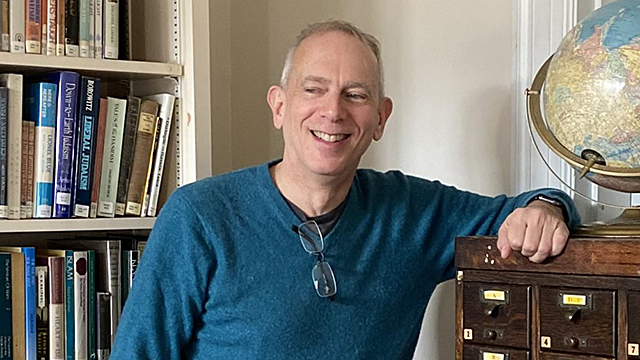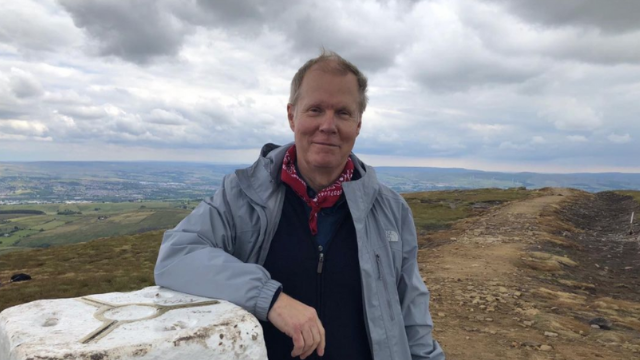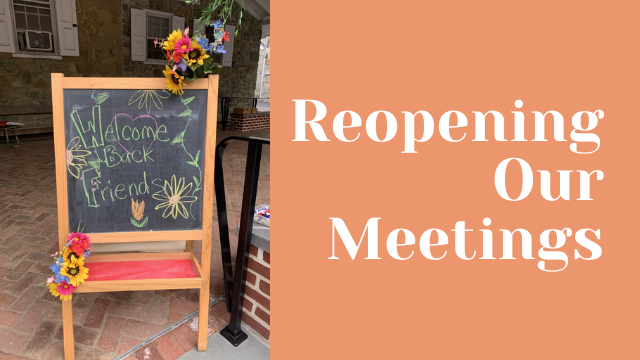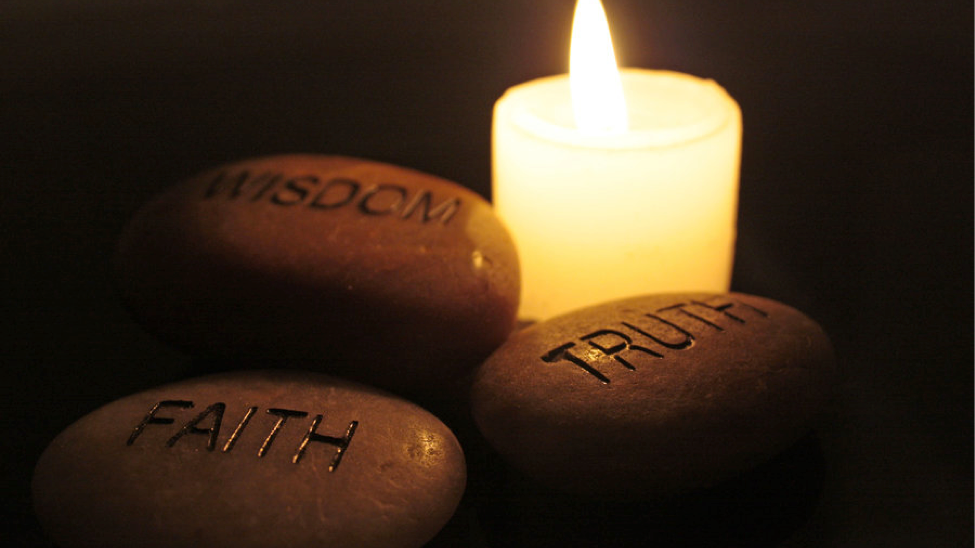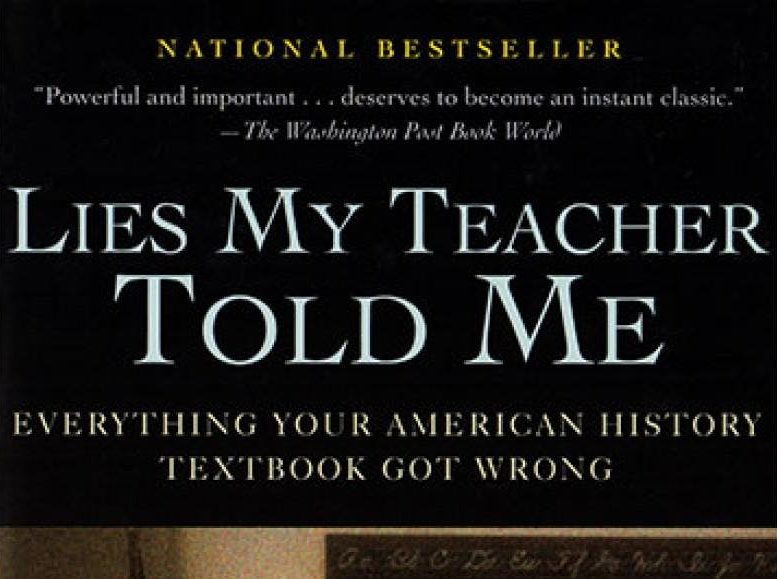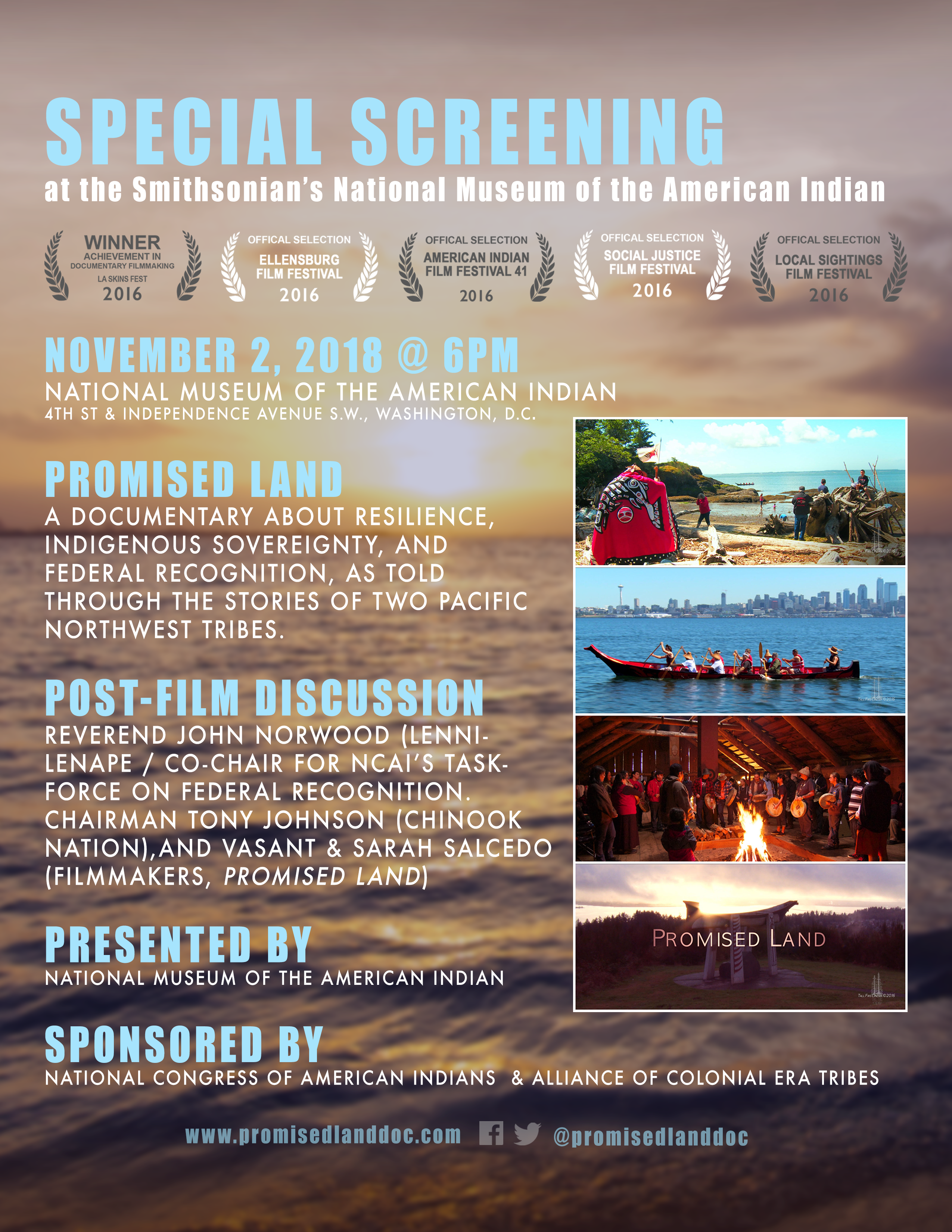Resource Friends help our community thrive by providing support in specific areas of concern in our monthly and quarterly meetings. These are Friends who offer a diversity of gifts and extensive “how-to” knowledge. [Read more…] about Resource Friends Offer Tech Support to Meetings
Resource Friends
George Schaefer: On the Practice of Pastoral Care
There are not many people who know George Schaefer and do not turn to him for wisdom, or for a much-needed and deft delivery of just-in-time Quaker advice and knowledge. This has been true on PYM staff, at every Annual Sessions, in crisis situations, and for those moments of song, fellowship, and joy that come our way as Friends in community.
[Read more…] about George Schaefer: On the Practice of Pastoral Care
Report on Upcoming Staffing Shifts
On November 2nd, PYM hosted a second public meeting to provide a forum where Friends could hear and give feedback on the ongoing development of plans to shift PYM staffing structure.
[Read more…] about Report on Upcoming Staffing Shifts
PYM Community Gathering: Reopening Our Meetings
The Runway to Annual Sessions launched on May 4th. Our first gathering engaged 80 participants who convened virtually to share concerns and hopes regarding the process of re-opening to in-person gatherings by the end of 2021. The evening was facilitated by Philadelphia Yearly Meeting’s (PYM) Associate Secretary for Program and Religious Life, Zachary Dutton, and supported by General Secretary Christie Duncan-Tessmer.
[Read more…] about PYM Community Gathering: Reopening Our Meetings
In Solidarity with LGBTQ+ People
The author of this post, Zachary T. Dutton, serves our yearly meeting as Associate Secretary for Program and Religious Life. He is a white cisgender gay man working (imperfectly) to dismantle oppression in all its forms. He is a member of Central Philadelphia Monthly Meeting.
While many Friends share Zachary’s concerns, the views expressed here do not necessarily represent the views of Philadelphia Yearly Meeting as a whole. Check out the Rainbow Railroad for information on one way to support international LGBTQ+ people. The PYM Website contains further resources on its page for Peace & Social Justice. [Read more…] about In Solidarity with LGBTQ+ People
Restoring Civility Across the Political Divide: Author Interview with Karen Tibbals
Karen Tibbals uses her background in market research and Quaker religious studies to help people understand how others–on opposing political sides and with different ethical frameworks–make decisions. This work, like the graphic image above, draws groups with differing opinions into relationship (pink and blue become purple!) Her book can help liberals and conservatives identify the truths they share, and it explains the success of modern societal accomplishments like gay marriage and outlines why guns feel safe to conservatives and scary to liberals. Here we interview her about who she is, and how she came to publish the very helpful books she writes.
Ministry & Care Letter to Our Meetings
Dear Friends,
This is a check-in to see how you and your meeting are doing in these unique times. The physical distancing required by the Covid-19 pandemic has created unexpected opportunities for discerning how to feel connected when physical contact is not possible. Some meetings are also struggling with how to complete their Spiritual State of the Meeting Report given the challenges of Covid-19. We offer some guidance here. [Read more…] about Ministry & Care Letter to Our Meetings
The Value of State of the Meeting Reports
Find a letter below from the new PYM Ministry & Care Committee of Quaker Life Council. The letter went to our community on Tuesday, January 21, 2020, describing the value of Spiritual State of the Meeting Reports as the capstone to the spiritual self assessment process, and requesting engagement from all of the communities in our yearly meeting.
Friends are invited to submit state of the meeting reports by using an online form or by forwarding written reports to Zachary T. Dutton at zdutton@pym.org.
Dear Friends,
As one of its very first tasks, the new Ministry and Care Committee of Quaker Life Council has turned attention to the Spiritual State of the Meeting Reports. Friends may wonder why. We believe that the annual custom of conducting a spiritual self-assessment deepens and enriches our spiritual community.
These reports support monthly, quarterly and ultimately the yearly meeting in moving toward shared understanding of and greater obedience to Truth. Gifts and needs can be identified and shared through this process, both internally for each meeting and throughout the yearly meeting as a whole. Concerns expressed in the spiritual state of the meeting report can evoke support from and provide guidance to other meetings. With wider awareness of needs, more appropriate allocation of resources becomes possible at all levels.
Crafting a Spiritual State of the Meeting Report is a transformative opportunity for the meeting, and can serve to draw the community together more closely. Meeting members and attenders can profit from sharing their spiritual condition and relationship with the Divine and looking together at experiences that have enriched them throughout the year. Communication of felt needs allows meeting members and attenders to express their yearnings and learnings within the meeting community and to share them with the broader fellowship of the yearly meeting.
Issuing a Spiritual State of the Meeting Report detailing the process a meeting community undertook and the insights that resulted helps the wider Quaker community. When we see what others are celebrating, mourning, and witnessing across our yearly meeting, we can be inspired and moved in our spiritual development. We benefit when we learn we are not alone in our spiritual journey.
We continue to support the process outlined in 2018 by the Quaker Life Council for developing and sharing Spiritual State of the Meeting Reports:
• All monthly meetings are encouraged to craft a Spiritual State of the Meeting Report and forward it to their respective Quarterly Meetings.
• Quarterly Meetings are encouraged to craft their own Spiritual State of the Meeting Report and to forward it along with the reports of their monthly meetings to the Ministry and Care Committee of Quaker Life Council.
• Worship groups and any other communities that are part of Philadelphia Yearly Meeting may also submit a Spiritual State of the Meeting Report, forwarding it directly to the Ministry and Care Committee of Quaker Life Council.
• If desired, monthly and quarterly meetings can use this online form to submit their state of the meeting report, either by responding to the questions, or by inserting or appending your report to the form. Friends can also email their reports directly to the PYM office, or mail hardcopies to: Ministry and Care Committee of Quaker Life Council, c/o Zachary T. Dutton, Philadelphia Yearly Meeting, 1515 Cherry St, Philadelphia, PA 19102.
• The Ministry and Care Committee of Quaker Life Council will read every State of the Meeting Report that it receives and use the reports as a basis for its assessment of the state of the spiritual and religious life of our whole yearly meeting community.
• Based on these communications, The Ministry and Care Committee of Quaker Life Council will submit its own State of the Meeting report to QLC to be presented at the July 2020 Annual Sessions and then shared widely with Friends thereafter.
Friends may desire some direction in developing a Spiritual State of the Meeting Report. It may be helpful to consider the meeting’s journey in worship, religious education, witness in the world, preparation for worship and work, pastoral care, ministry, vocal ministry and also those operational processes which have been supports or stumbling blocks throughout the year. Meeting communities may also refer to the queries in our new Faith & Practice as a guide for conducting a spiritual self-assessment and for writing the state of the meeting report.
The Ministry and Care Committee of QLC is interested in the spiritual life of your meeting. In addition to the elements outlined above, we would be interested to learn of specific issues of concern your meeting has experienced in the past year. How has God led your meeting to face and address conflict and/or misunderstandings when they have arisen? How is your meeting community thinking about the purpose and importance of membership? Has the meeting undertaken any anti-racism work, large or small, that your meeting might be exploring? What are those learnings and yearnings particular to your meeting that you would be willing to share?
The Ministry and Care Committee of QLC plans to review state of the meeting reports in late May 2020; in order that the committee may provide a summary report to QLC in time for their June meeting, please submit your report by May 15, 2020. Meetings who have not responded to this invitation by that date may also receive direct inquiries from the Ministry and Care Committee of QLC in order that the experience of as many meetings as possible can be reflected in the Spiritual State of the Yearly Meeting Report. We acknowledge that every monthly and quarterly meeting has their own way of writing and managing their State of the Meeting Reports, and ask to receive whatever commentary best reflects the current spiritual state of your meeting at this time using the suggestions in this email as guidance where you find them useful.
Jean-Marie Prestwidge Barch, Clerk
on behalf of the PYM Ministry and Care Committee of Quaker Life Council
Gratitude Everyday
A reflection on Beyond Complicity: Awakening Anti-Racist Intentions, a series Toward Racial Justice and Fearless Faithfulness. A called gathering took place on Nov. 18, when Mickleton Friends Meeting intentionally listened to Lies My Teacher Told Me: Everything Your American History Textbook Got Wrong, chapter 3, The Truth About the First Thanksgiving. The books author, sociologist James W. Loewen, presents examination of Eurocentric and mythologized views of American history.
From Loewen’s perspective, we examined our strong-hold on the belief that the American holiday, Thanksgiving, holds a place of welcome for all individuals and faiths, some of us able to accept that the holiday holds myths that continue to minimize Native Nations peoples. We compared various maps, exposing how “discovery” of empty lands might be shifted when simply compared to maps void of political boundaries and marked with cultural features of the peoples living in specific regions.
The self-examination of perspective called us to remain as open as possible toward being transformed as we walk out into the world as myth-busters, dis-clothed of defensive cloaks, speaking Truths. We walked away with unity that giving thanks is not bound to one day. Surrounded by light, blessings abound, and gratitude is rightly ordered, freely available to everyone, if and when one might choose to see and acknowledge.
Seekers are invited to visit Mickleton Friends; First Day (Sunday) meeting for worship begins at 10am; also open to the public, the next examination of Beyond Complicity: Awakening Anti-Racist Intentions will take place December 16, 2018, ~11:30, after rise of meeting and fellowship. We will listen to Bryan Stevenson’s TED Talk, We Need to Talk About An Injustice paired with Martin Luther King, Jr’s Six Steps of Nonviolent Social Change.
Promised Land
Love and labour within Salem Quarter was released into our wider religious Society of Friends with PYM’s First Contact Reconciliation Collaborative. During the kick-off workshop at Annual Sessions 2017, participants leaned in toward understanding Tribal Sovereignty. Recently, following the National Congress of American Indians (NCAI) convention in Denver, outreach was initiated by “extended family,” Rev. Dr. JR Norwood (Nanticoke-Lenape), co-chair for NCAI’s task force on federal recognition, to tribal allies, the SQ Indian Affairs Committee. Pastor Norwood brings to Friends’ attention the Nov. 2nd screening of PROMISED LAND, hosted by the Smithsonian’s National Museum of the American Indian (NMAI) in conjunction with the NCAI and the Alliance of Colonial Era Tribes (ACET.) The documentary is an award-winning social justice documentary that follows two tribes as they fight for the restoration of treaty rights they’ve long been denied. In following their story, the film examines a larger problem in the way that the government and society still looks at tribal sovereignty. Pastor Norwood will be part of a post screening panel discussion at NCAI; details are posted on the PYM calendar. Coming First Contact Reconciliation Collaborative events will continue to help shed light on denials of tribal sovereignty, human rights, and social justice. The FCRC website offers a variety of “growing edge” opportunities; we are open to hearing how we might further serve Friends.
